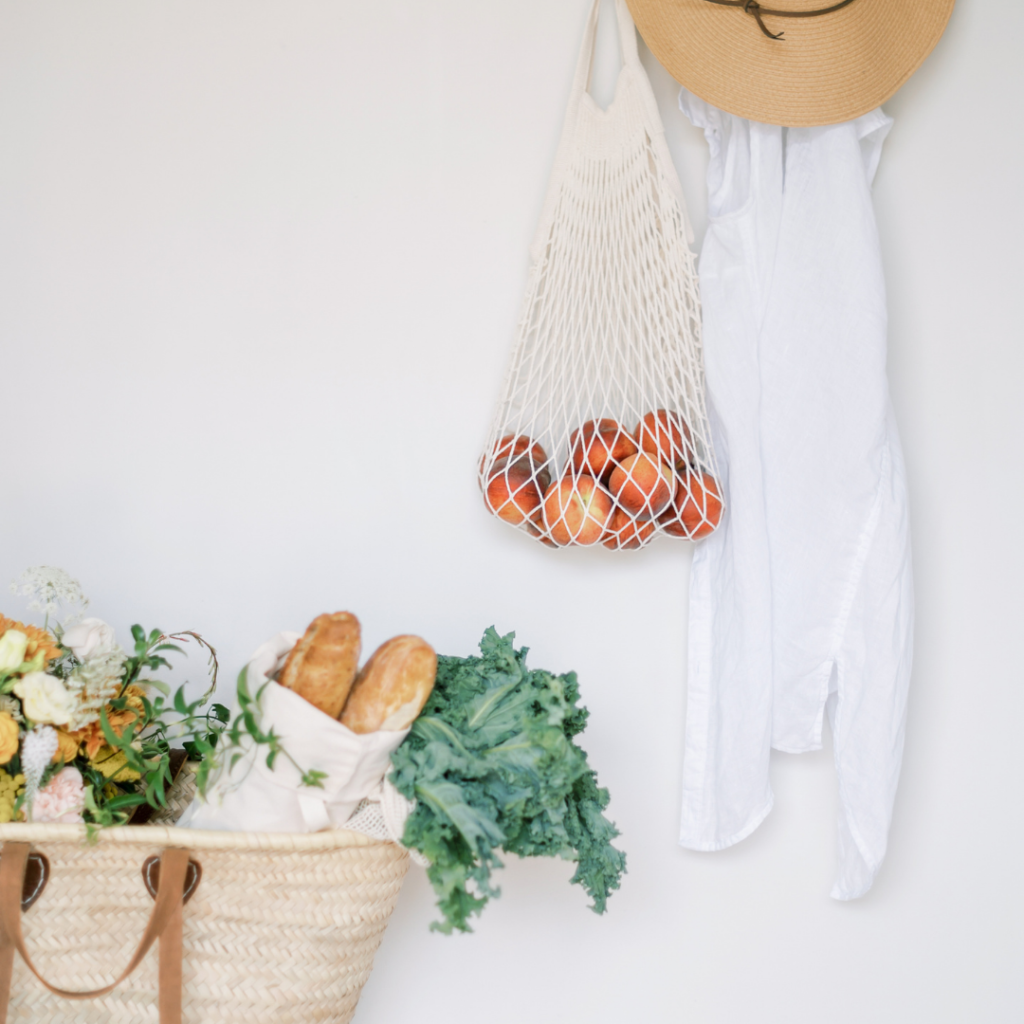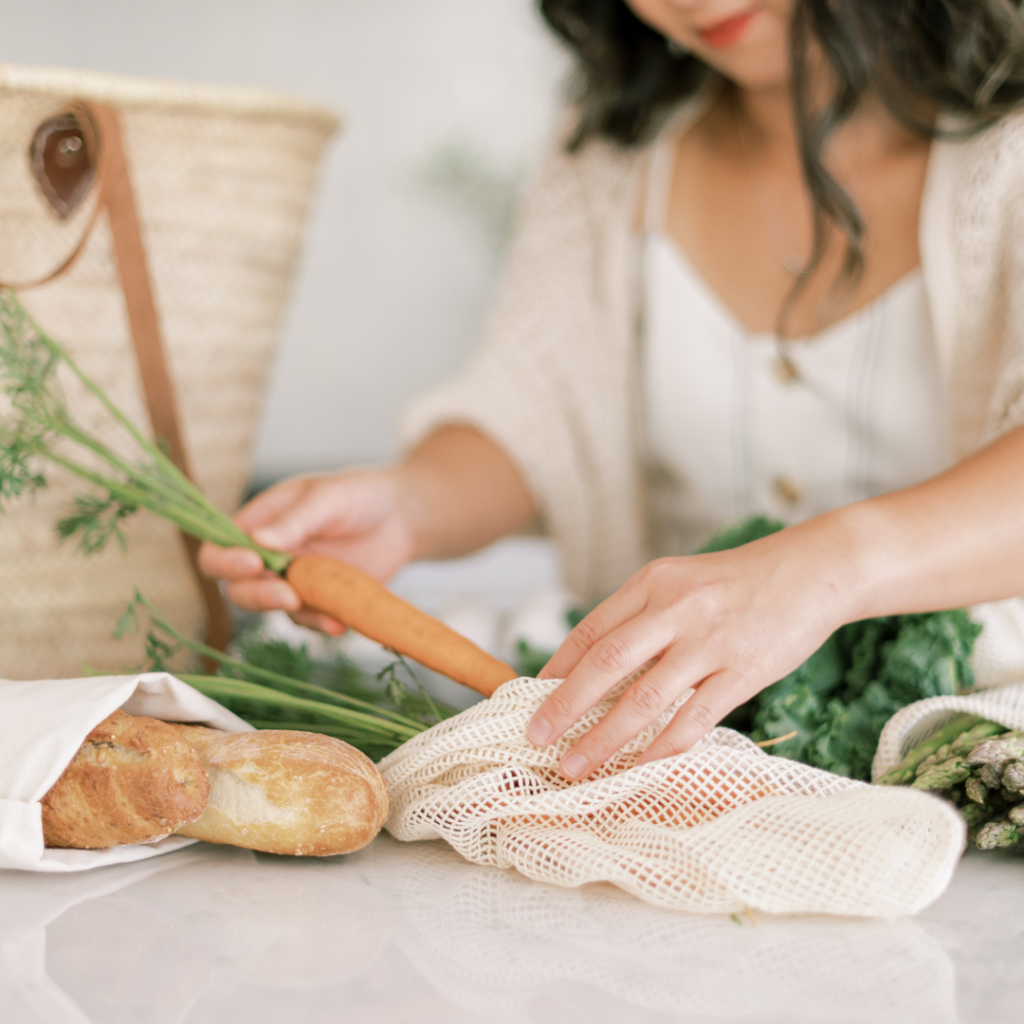The majority of people coming out of the pandemic are noticing a shift in their spending habits again. While the world was on lockdown, we had very little ways to spend our money since we no longer had the daily grind of tempting offers of convenience.
Gone were the daily transportation costs, the cost of daily coffee or frothy beverages, lunches out and all the money suck temptations we faced in just our workday alone. Travel came to a halt and malls were closed and we were left in the confinements of our home. Consumer spending decreased.
Now that the world reopens, discretionary spending is increasing again as people are opening their wallets.
The main concern I’m hearing now is people asking, “How do I stop spending my money?”
Not spending money is a genuine concern for people. You got used to not spending money during the pandemic and liked how you had built up some savings and paid off some debt. How to stay out of debt is a vital step in financial recovery.
Let’s explore what not spending money will look like in the new normal.

How to stop overspending
Taking the approach of not spending money is trickier than what it sounds like. We need to spend money. We need to buy our food and pay for our essentials.
However, the trick is in how to stop overspending. And this is a learned behaviour.
The secret to building wealth is in HOW we manage our money, not how much money we make.
You could be making $250,000 per year but you could also be broke if you are spending money on the wrong things. If you are buying the latest and greatest of the newest gadgets and such then you are blowing your money on crap. However, if you have a well thought out financial plan that includes goal setting, then you will turn that hefty salary into a lot of money.
The issue I have noticed with many high earners is that they do not have a plan for their money. It’s fun to go out to fancy restaurants every night, have the latest electronics, the nice clothes, but the problem is all that money spent adds up. And it adds up quickly.
Overspending can lead you to financial ruin, even for high-income earners.
The anecdote to overspending is creating a plan for your money. Sign up for the Personal Finance Money Method Course to help you plan your way to wealth. This 7-step program will show you how to create a risk-free financial plan and get your money working for you!

How to stop spending money on food
It’s not the food you need to stop buying, the question is more like how to stop spending money on convenience.
Your grocery budget takes a large chunk out of your budget, especially when you are feeding a family. The good news is that the grocery budget leaves a lot of opportunities to save money.
If you are eating out often and you need to know how to stop spending money on food, this is the section you want to take notes on. There is a lot of room for saving money.
The average person should budget for a monthly grocery bill of $250. Yep, that’s all. So if you are providing for a family of four, your grocery bill should be $1,000 per month. And that includes healthy food.

Ideas for saving on your grocery bill include:
- Plan your meals based on sales
When the weekly flyer comes out at your regular grocery store, check out the sales and plan your meals around the sales. This will help you save money and not overspend on food.
2. Eat before you shop
It has been proven that eating on an empty stomach ends with a higher grocery bill. It is always smart to eat before you go shopping in order to avoid putting tempting treats and extra food in your shopping cart.
3. Bring a list
Make a list of your meal plan for the week and stick to that list. When you plan your meals and create your list and stick to it, you will save money.
4. Buy only what you need to prevent waste
Stick to the required amounts of ingredients to save money. We waste 50% of our food – that could be saving 50% of your grocery bill.
5. Use coupons
Some people love using coupons, some people hate them. But coupons can save you a massive amount of money on your food bill. If you are a coupon hater, I highly recommend that you change your relationship with them.

6. Stock up on sales
Stock up on non-perishables when you have the space to store them if they are a really good price. If you are able to freeze meat and other frozen items when on sale for a very good price, do that too. Just be sure to consume them before their best before date to avoid spoilage.
7. Loyalty points
When your grocery store offers loyalty/reward points for shopping there then that can amount and translate into extra savings as well. My grocery store offers points for every dollar I spend in their store and I take advantage of those additional savings.
My credit card offers 4x the reward points at grocery stores so I always buy my groceries with my credit card and transfer the cash onto the credit card immediately so I am not carrying credit card debt. These bonus points add up quickly and offer me additional savings on top of my smart shopping.
8. Price compare
When you are aware of your prices this will prevent you from overpaying for particular items. You will also know which stores are better to shop at because their prices are better.
9. Buy fruits and vegetables that are in season
When fruit and vegetables are in season they are priced much lower than when out of season so if you are rotating the produce to when they are in season you will get a variety in your diet and save money.
10. Bring your lunch and snacks to work
If you are returning to the office you should plan on bringing your lunch and snacks rather than buying your food. Packing a lunch is a fraction of the cost of purchasing your lunch when at work. It takes a bit more time planning your meals, but the return on that investment of time is large and worth it.
If you are spending $20 a day on lunch, coffee and snacks, that adds up to $100/week. If you plan and bring your lunch for the week it may cost $15-20. That is a massive amount of money saved. Over a year saving $80/week on eating out equals $4,160.
Adapting a new money mindset is important. To go from spender to saver for some requires an attitude adjustment, and it’s completely possible. Those who are willing to do the work will reap the rewards.

How to stop spending money in this new normal
Things don’t have to go back to the way they were before, especially if you have a desire to save your money. Through the pandemic, you learned what you really value, and part of those values is having money.
There are many ways to enjoy life without spending a lot of money. You have learned what is important to you through the pandemic and I’ll bet it’s being around loved ones and experiencing things you enjoy.
You may have noticed a shift in what you enjoyed doing pre-pandemic to what you now enjoy. That is to be expected. Stay with that feeling and that those new joys in life and consider how you can enjoy life without getting sucked into spending a lot of money.

Entertainment doesn’t need to be expensive
Potluck dinners
Do you want to gather with friends but want to avoid that hefty restaurant bill? Have a potluck dinner and save some money! Each friend arrives with a dish and you all share the food and enjoy the other’s company. Potlucks are a great way to save money on eating out and are a lot of fun.
Backyard parties
Summer is a great time for entertaining in the backyard. Have friends over for cocktails and socialize without the expensive bar bill.
Bike rides in the park
If you have a bike you can take it out for a ride. No bike? No problem. Take a walk in the park. Beautiful days are meant to spend outside in the parks and nature. Bring a picnic lunch and enjoy the day outside.
Games in the park
Meet friends for a game of touch football or a get-together in the park. Some parks allow for BBQ and provide the equipment, depending on where you live. Or grab a book and head out to the park and do some reading. The time outside will do wonders for your mental health as well.
Library for movies and books
Your local library offers free borrowing of movies and books. Take advantage of that. The library has a great selection for you to take advantage of.
Book clubs
Join a book club or start a book club with friends. This is a low-cost way to gather with friends and spend time together.
There are many ways to save money, sometimes you just need to get creative.
Just remember, if you do need to purchase something, especially a larger ticket item such as a TV, vacation, car or anything, make sure you do your price comparison. A lot of money can be saved when you adopt a saver lifestyle.
When you take the attitude of saving money in all areas of your life, you could be saving thousands of dollars per year. Imagine what you could do with those savings.
Ready to learn how to get your money working for you? Sign up for the Personal Finance Money Method Course to help you plan your way to wealth. This 7-step program will show you how to create a risk-free financial plan and get your money working for you!
